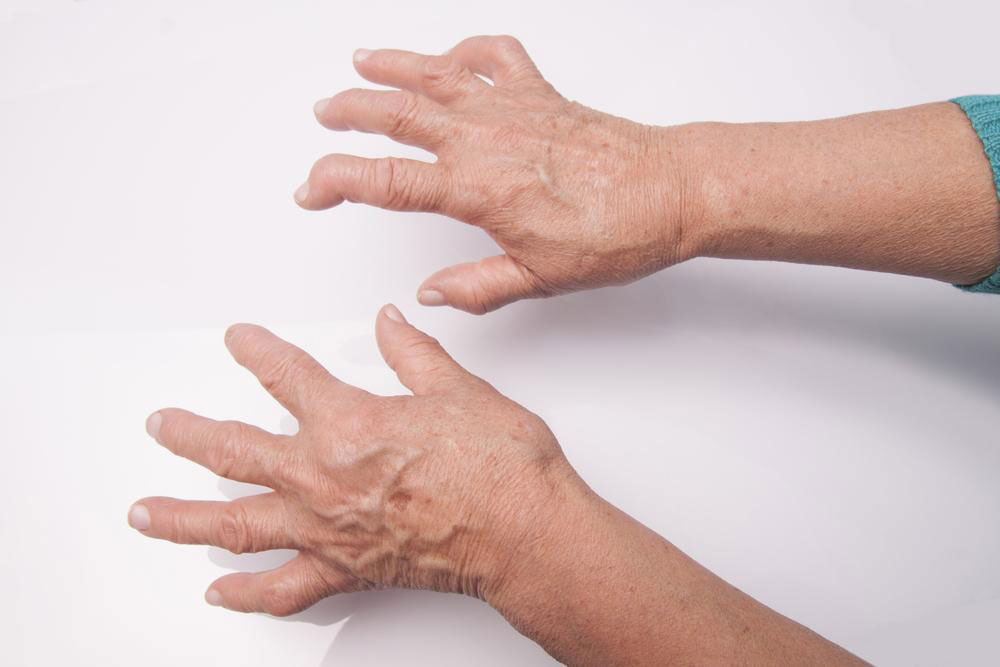
Symptoms, Causes, and Treatment or Rheumatoid Arthritis
Rheumatoid arthritis (RA) is a chronic inflammatory disorder, which can impact more than just the joints. In some cases, this condition can affect various body parts such as the lungs, eyes, heart, skin, and blood vessels. This autoimmune disorder occurs when your own body’s tissues are attacked by your immune system. Early rheumatoid arthritis tends to first impact your smaller joints, especially the joints of your toes and fingers. As the disease progresses with time, symptoms spread to other body parts such as the shoulders, hips, elbows, ankles, knees, and wrists.
Symptoms, causes, and treatments for RA include the following:
1. Symptoms
Some of the symptoms for rheumatoid arthritis are:
- Loss of appetite, fever, and fatigue
- Joint stiffness, which is worse during the mornings and after inactivity
- Warm, swollen, and tender joints
- In many instances, the symptoms occur on both sides of the body or in the same joints.
2. Causes
Rheumatoid arthritis occurs when the synovium, which is the lining of the membranes surrounding your joints, is attacked by your immune system. The resulting inflammation leads to thickening of the synovium, which can later affect the cartilage and bone inside the joint. The ligaments and tendons that hold the joint together stretch and weaken. Slowly, the joint loses shape and alignment as well. There is a probability of a genetic component being involved. However, while your genes may not likely cause rheumatoid arthritis, they can make you more prone to infections with particular bacteria and viruses that may trigger this disease.
3. Treatment
Some of the medications used to treat rheumatoid arthritis are mentioned below. The type of medications that are advised by your doctor for the treatment of rheumatoid arthritis depends on the severity of your symptoms and the duration of the disease.
- Steroids
Corticosteroid medications like prednisone help to decrease pain and inflammation and slow joint damage. However, you must note that the side-effects of consuming steroids include diabetes, weight gain, and thinning of bones. Generally, doctors prescribe a corticosteroid to help you get relief from the acute symptoms with the aim of stopping the medication slowly. - Disease-modifying antirheumatic drugs (DMARDs)
DMARDs can slow the progression of this disease and protect the joints and other tissues from persistent damage. Common DMARDs are sulfasalazine, hydroxychloroquine, leflunomide, and methotrexate. However, you must beware, as consuming DMARDs has side effects such as severe lung infections, bone marrow suppression, and liver damage. - Nonsteroidal anti-inflammatory drugs (NSAIDs)
NSAIDs can decrease inflammation and relieve pain. Over-the-counter NSAIDs include naproxen sodium and ibuprofen. You can buy stronger NSAIDs only if they are prescribed by the doctor. You must also be careful about the side-effects of NSAIDs that include kidney damage, stomach irritation, and heart problems.
These medications and treatments can help can fight rheumatoid arthritis. However, you must be careful of the side-effects and consult your doctor before you start any of these medications.



